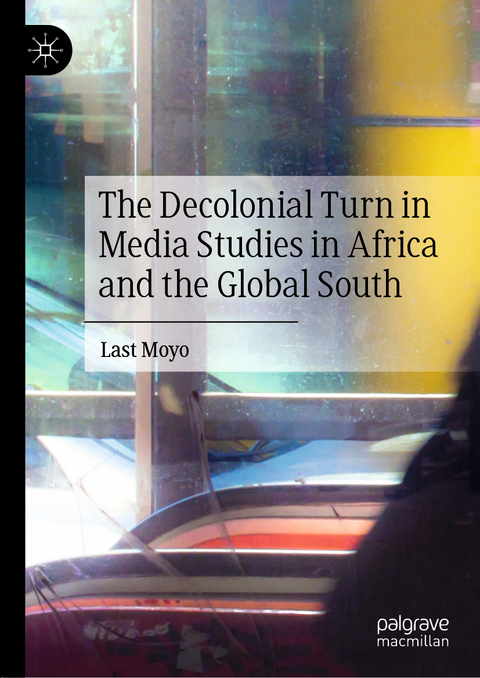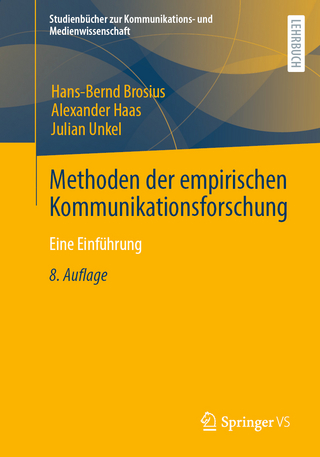
The Decolonial Turn in Media Studies in Africa and the Global South
Springer International Publishing (Verlag)
978-3-030-52831-7 (ISBN)
This book develops a nuanced decolonial critique that calls for the decolonization of media and communication studies in Africa and the Global South. Last Moyo argues that the academic project in African Media Studies and other non-Western regions continues to be shaped by Western modernity's histories of imperialism, colonialism, and the ideologies of Eurocentrism and neoliberalism. While Africa and the Global South dismantled the physical empire of colonialism after independence, the metaphysical empire of epistemic and academic colonialism is still intact and entrenched in the postcolonial university's academic programmes like media and communication studies. To address these problems, Moyo argues for the development of a Southern theory that is not only premised on the decolonization imperative, but also informed by the cultures, geographies, and histories of the Global South. The author recasts media studies within a radical cultural and epistemic turn that locates future projects of theory building within a decolonial multiculturalism that is informed by trans-cultural and trans- epistemic dialogue between Southern and Northern epistemologies.
Last Moyo lectures in the Department of Communications and Multimedia Design at the American University, Nigeria. His research interests are in global media, comparative media, critical and political economy studies, and digital media studies. His work appears in journals such as African Journalism Studies, International Journal of Communication, Telematics and Informatics, and Journalism, among others. Moyo earned his PhD in Media Studies from the University of Wales, UK.
1 . Introduction.- 2. Rethinking internationalizing media and communication studies: Directions and Indirections for the Global South.- 3. The Global South: Recalibrating Our Geo-cultural and Epistemic Agency.- 4. The decolonial turn: Toward a Southern critical theory in media and communication studies.- 5. Academic and Epistemic Freedoms: Struggles of the border intellectual in media studies.- 6. Decolonial Research Methodologies: Resistance and liberatory approaches.- 7. Rethinking critical pedagogy and multiculturalism in media studies.- 8. Conclusion: The paradigm of dialogue and the future of media theory.
| Erscheinungsdatum | 12.09.2020 |
|---|---|
| Zusatzinfo | XVI, 308 p. 1 illus. |
| Verlagsort | Cham |
| Sprache | englisch |
| Maße | 148 x 210 mm |
| Gewicht | 549 g |
| Themenwelt | Sozialwissenschaften ► Kommunikation / Medien ► Kommunikationswissenschaft |
| Sozialwissenschaften ► Kommunikation / Medien ► Medienwissenschaft | |
| Sozialwissenschaften ► Soziologie | |
| Schlagworte | colonial difference • Coloniality of Knowledge • decolonial theory • Epistemic Freedom • Eurocentricism |
| ISBN-10 | 3-030-52831-6 / 3030528316 |
| ISBN-13 | 978-3-030-52831-7 / 9783030528317 |
| Zustand | Neuware |
| Haben Sie eine Frage zum Produkt? |
aus dem Bereich


